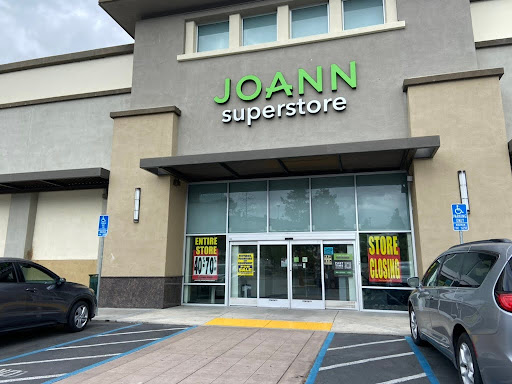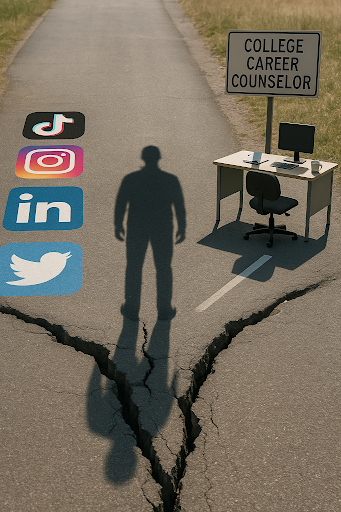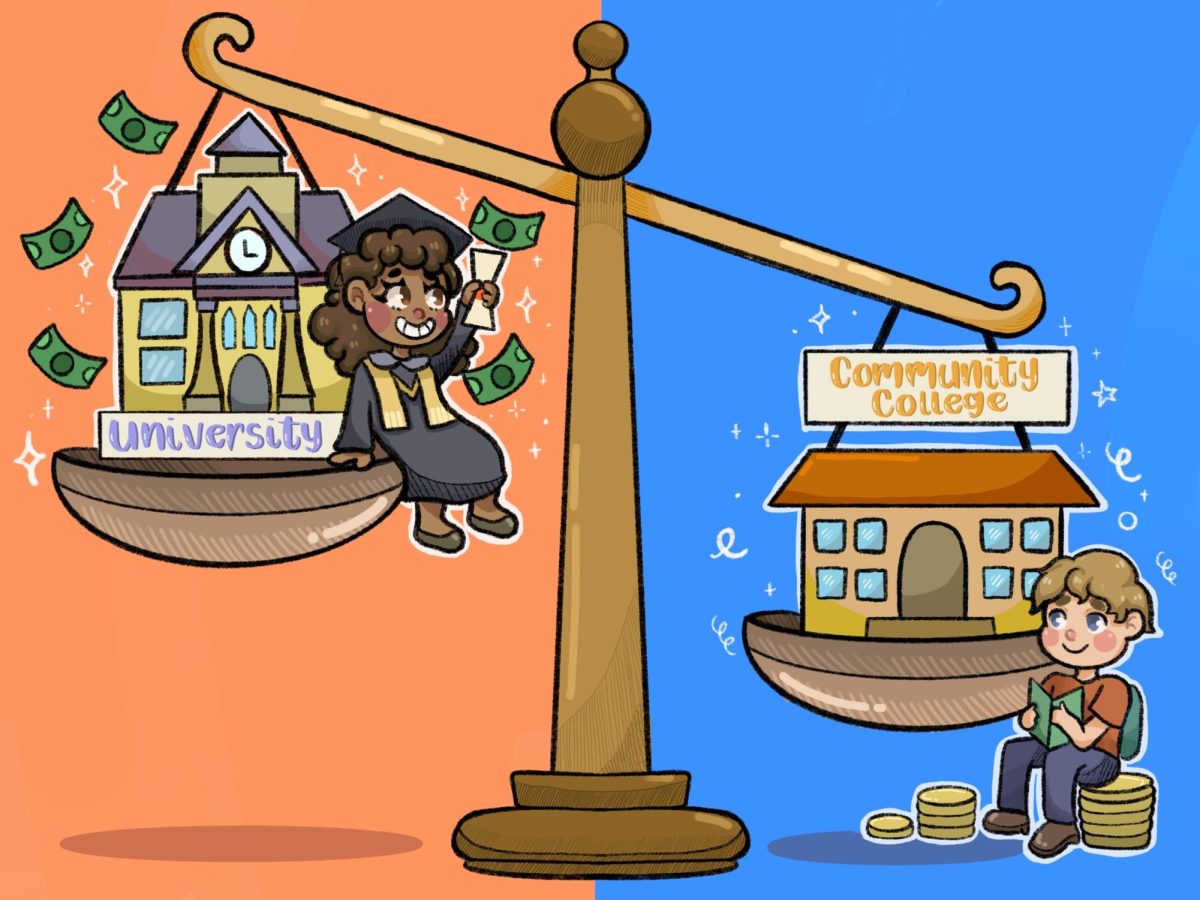No need to go searching for the newest diet craze when it’s right in your lap. Tik Tok, Instagram, Pinterest, you name it: on almost every social media platform, we are being fed the latest wave of eating disorder culture disguised as “wellness.”
Dieting is now being sold to us as a source of self-care, and even a form of “empowerment,” but what’s so empowering about not enjoying your life to the fullest? What’s the benefit of following the advice of a video that encourages you to eat only 800 calories a day, in order to meet a beauty standard once challenged by body positivity, resurface?
Looking back at the 2010s, when our beauty culture was more body-positive focused, we were encouraged to love our curves and embrace our bodies for what they are. Now, in the age of social media dominance, it seems we are falling back into the “heroin chic” era of the 2000s, when being more than a size 3 wasn’t considered skinny.
Not only is this culture showcased through restricted eating, but also in fashion, where certain pieces are promoted to fit certain types of bodies.
Today, the desire to be thin hasn’t gone away, it’s just become more algorithm-friendly and harder to escape in the digital landscape. Specifically, the algorithms are refueling a toxic diet culture comeback by focusing on boosting more content that’s glamorizing restrictive eating while rewarding these extreme habits.
At the same time, it’s glorifying unhealthy ideals and unattainable aesthetics, pushing videos and posts that make it harder for women to avoid falling for the trap. Millions of users are being fed this diet craze whether they ask for it or not.
The fact is, our algorithms play a large role favoring content that is body focused. According to a study conducted in December 2024 by Science Direct, the group concluded “our results showed that TikTok algorithms belonging to users with eating disorders delivered more appearance-oriented, dieting, exercise, and toxic eating disorder videos than algorithms belonging to healthy controls.”
Lately, more videos are coming across with a subtle message of food restriction, from how many calories you should intake to suggested fasting times. It’s as if we are entering a “skinny demic” type of era in beauty among young women today, where influencers play an outsized role due to the platforms they have.
Those influencers don’t have an obligation to cater to anyone, or to censor their content. But there’s a responsibility that comes with having such a platform — and self-awareness can be a start. Meaning being aware of the impact their content has on impressionable audiences, especially when promoting unhealthy habits and unrealistic beauty standards.
While the message of dieting hasn’t necessarily changed, the language among influencers has. For example, Ozempic, an anti-diabetic medication now being used as a weight loss drug, is being promoted by once “body positive” influencers who claim that through exercise and dedication they lost the weight.
Janelle Rohner, a popular lifestyle influencer whose platform largely focuses on healthy eating and sells macro counting plans for weight loss, came out to reveal her use of GLP-1, a drug similar to Ozempic, to achieve her current look.
The Tik Tok algorithm is continuing to push her content, despite her apparent dishonesty, because Rohner is one of the platform’s top creators. The promotions of such trends like these are being rebranded to be more palatable and marketable among a new, vulnerable online crowd.
As the saying goes, “beauty is pain,” but not only is the pain physical — it can also cost many their mental health.
Constantly consuming social media showing this kind of content can be draining. The fixation on appearance can cause constant body checking and paranoia. The anxiety really takes a toll with the thought of always looking your best, even if your mind doesn’t match the beauty outside.
It’s an isolating feeling being stuck in such a bubble, and it doesn’t make it any better when social media rewards these hazardous effects with viral attention and likes. It’s becoming more validated the more restrictive and harmful the behavior is.
There’s more empowerment in enjoying things with a carefree mind, rather than one that’s fixated on constantly fitting the social media standards of today. It’s better to go against conformity, the truth is food isn’t the enemy and feeling full shouldn’t be a fear.
As social media continues to promote extreme dieting that doesn’t mean we have to go along with it. We can question what’s being presented to us and choose what we engage with to start recognizing the difference between wellness and restriction in disguise.
To that end, while influencers are not responsible for the message their content puts out, the platforms that boost them are. As we scroll through these apps and find ourselves in this culture we should start being aware of what’s being quietly sold to us and the costs that come with it.














































































Lynn • Jul 28, 2025 at 5:37 pm
The term you use in the third paragraph should be “heroin chic,” not “heroine.” It came to describe the sickly skinny trend that made people look as if they had a serious heroin addiction. Yes, it’s a small typo, but it completely throws off the important meaning of the term. I’m glad you are showcasing the return of this problem. I lived through it the first time around. g